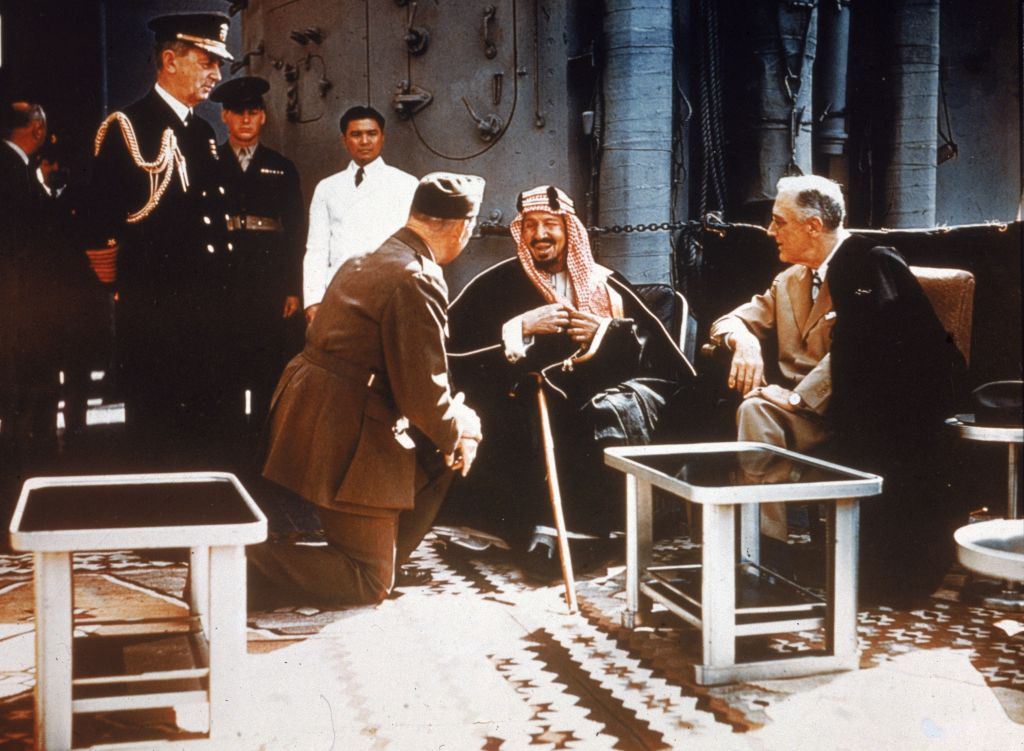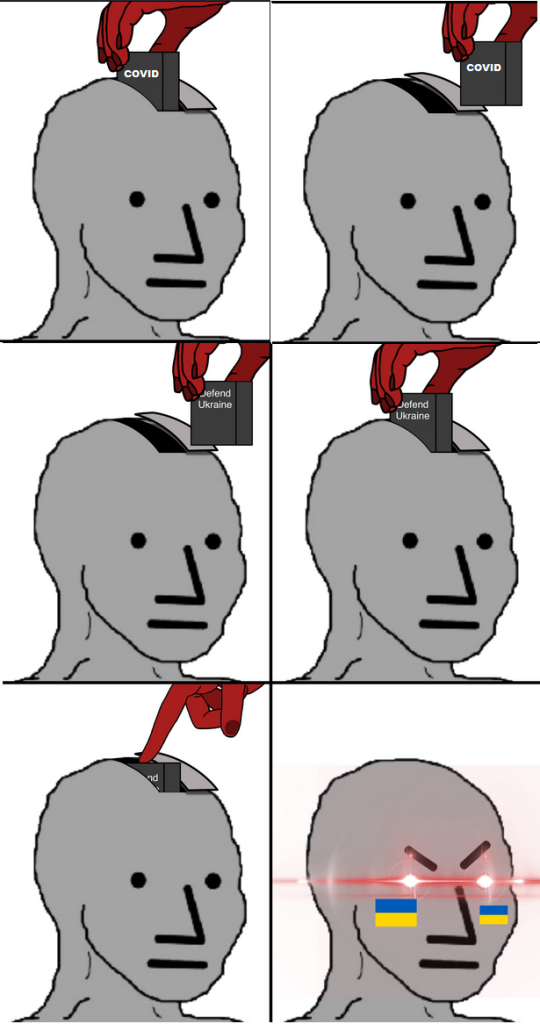He died on Tuesday. I haven’t bothered to read many of the obits that have been published but I will make a guess about their general flavour. The Western ones will say he ended the Cold War, removed the Soviet threat and, maybe, introduced fast food to Russia (a reverse on the supposed origin of the bistro). The Russian ones will be rather uncomplimentary and will blame him for the miseries of the 1990s when jobs disappeared, savings evaporated, deaths increased and Russia was pushed around.
I approach this with a somewhat different view that, as it happens, I share with Putin. I believe that, when Gorbachev became GenSek in 1985, the USSR system had exhausted its possibilities. I believe, but cannot find the reference, that Putin told Oliver Stone that the system was inefficient at its core, but more of his thoughts on the viability of the USSR can be found here. Not very complimentary: ideals not accomplished, too much repression ab initio, he pays credit to Stalin’s industrialisation for victory in 1945 but concludes “However, in the final count, the inability to embrace change, to embrace technical revolutions and new technology led to a collapse of that economy”. Or how about this from September 2005? “In the Soviet Union, for many decades, we lived under the motto, we need to think about the future generation. But we never thought about the existing, current, present generations.” (PS he never said “the greatest catastrophe”: that’s a mistranslation.)
In short, I believe that the USSR was heading for trouble in 1985: the 1990s were bad enough but I’m not sure they would have been much better with other players.
So Putin and I would agree that Gorbachev inherited a failing idea. He had three solutions. You can agree that they didn’t work but they were better than Andropov’s notion of tightening discipline and Chernyenko’s inertia. Glasnost was an attempt to start telling the truth, or some of it, and perestroyka attempted a side-to-side, top-to-bottom reconstruction. His third idea was a redesign of the union itself. This, by the way, gave me my first revelation that many Western “experts” formed their conclusions without data. At a Wilton Park conference, one of these “experts” built his whole presentation around the assertion that nobody had any idea what Gorbachev’s New Union would be. This after three drafts, produced after much negotiation, had been published in full in the media! I was rather amazed at this ignorance and equally so to be casually brushed off when I pointed out that the texts had been published and that I had read them.
The idea of re-creating the union was put to a referendum and, with certain revealing exceptions, passed by a solid majority. But the New Union never happened. A day or so before it was due to be implemented, the August coup attempt took place. I have written about my involvement in it here. As it turned out, that killed it. Shortly afterwards, for whatever reason, Yeltsin, Shushkevich and Kravchuk declared the USSR dead and gone and Gorbachev resigned and the flag came down. And that was that. (And, not for the last time, Kiev dismissed the wishes of the Ukrainian population: 59% of the total electorate having voted yes in the referendum.)
Could something different have happened? Had the treaty had been signed; that would have been different. Most of the USSR would have remained, with some republics at the edges gone, and a lot of the suffering of the breakup of such an absurdly centralised economy would have been prevented. The Union of Sovereign States would have remained a major player in the world system and there would have been less likelihood of outsiders meddling.
But it didn’t happen and therefore Gorbachev failed in what he was trying to do. Which was something dangerous and rarely successful.
But was it so bad for Russia? A question few ask. In 2005 Vladislav Surkov told Der Spiegal that he still remembered what he felt when the USSR went down: “an enormous sense of relief, as if a huge leech had dropped from my back”. He thereby showed himself to be one of the few people who understood that, whatever may have been true at other times, by the 1980s the RSFSR was subsidising the whole thing. Most people thought the opposite. Here’s Leonid Kuchma in 1993 “…like everyone else, I believed that Ukraine is so rich that it provided for the entire [Soviet] Union. It turned out that it is, in fact, rich. However, was it really a provider?” Thus, from Russia’s perspective, the end of the USSR was actually a good thing. Admittedly, a lot of misery had to be gone though first. But, of the former fifteen – and the 1990s were bad for all the USSR successor states, not just Russia – which is doing the best now? The Baltics with their huge population loss? Ukraine or Moldova, contenders for the poorest countries in Europe? Central Asia? The Caucasus? For those who think Russia is a decaying sinkhole I invite a perusal of these Google Street View shots of numerous cities taken ten years apart.
So, despite the strong dislike most Russians have for him, they may come to have a kinder view over time.
(PS I can’t give hyperlinks for everything. Most of this happened pre-Internet and the quotations are from the collections I made at the time.)


